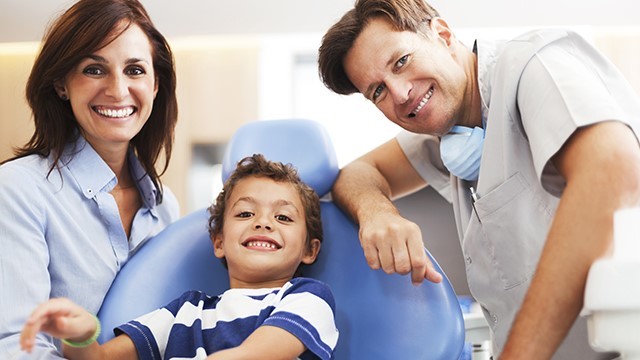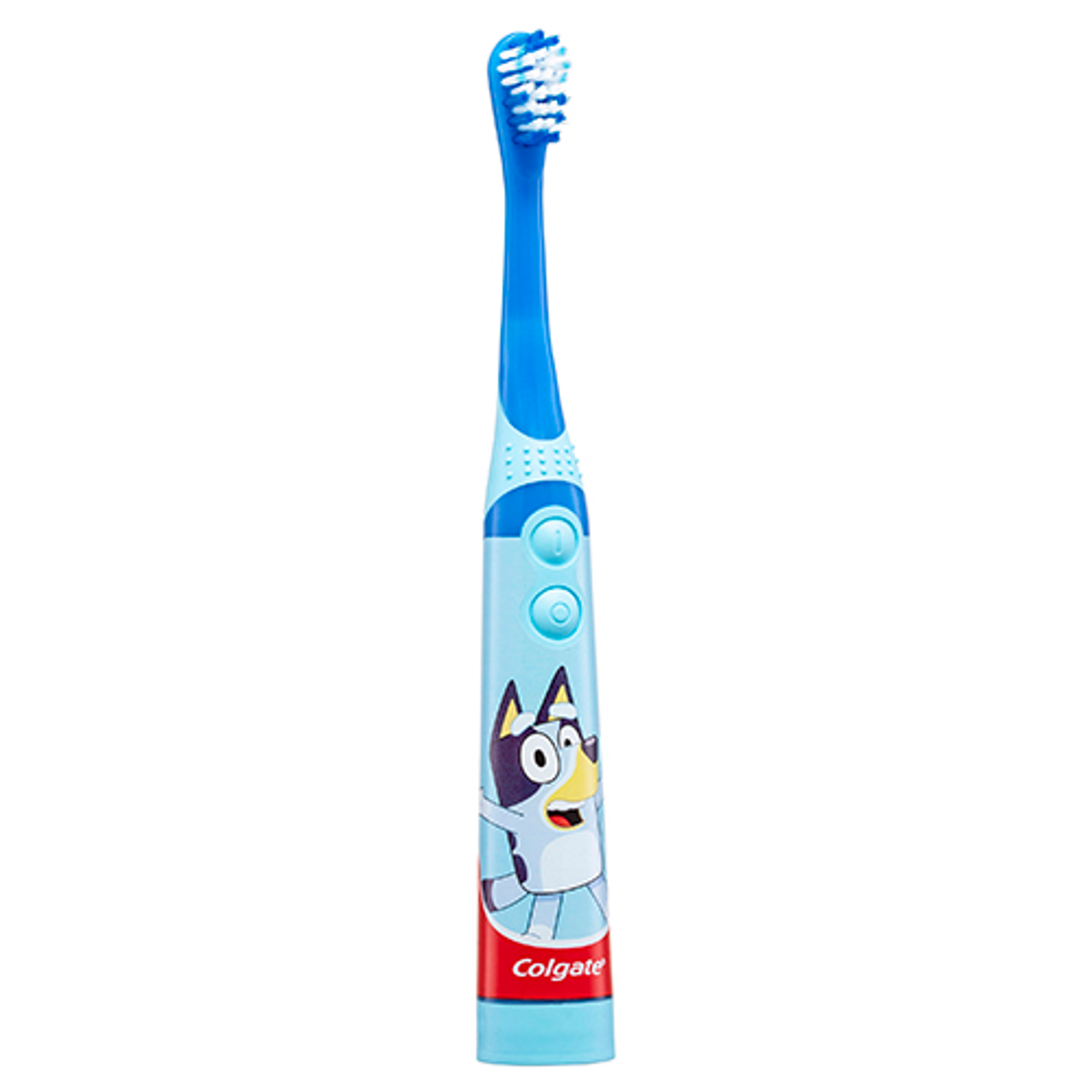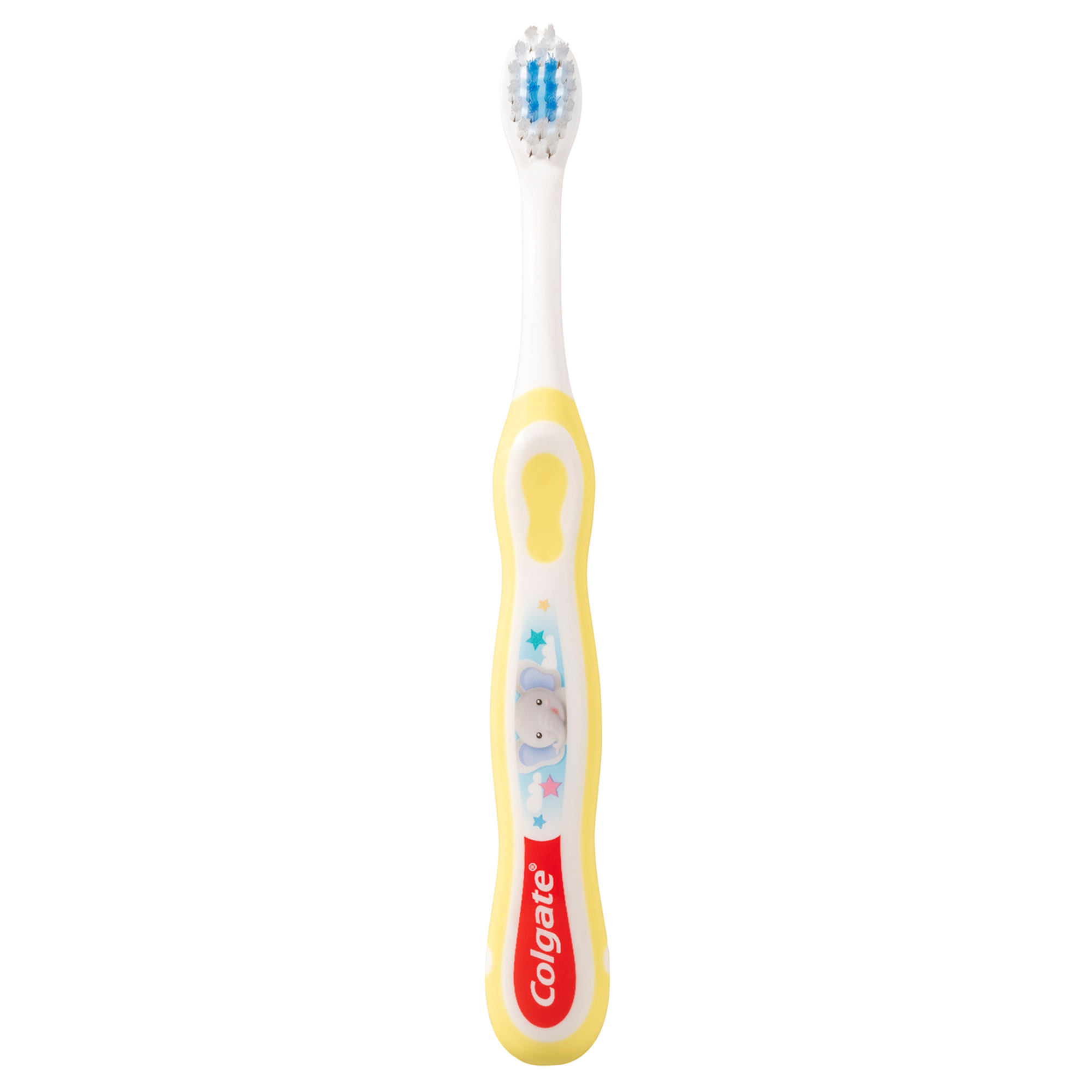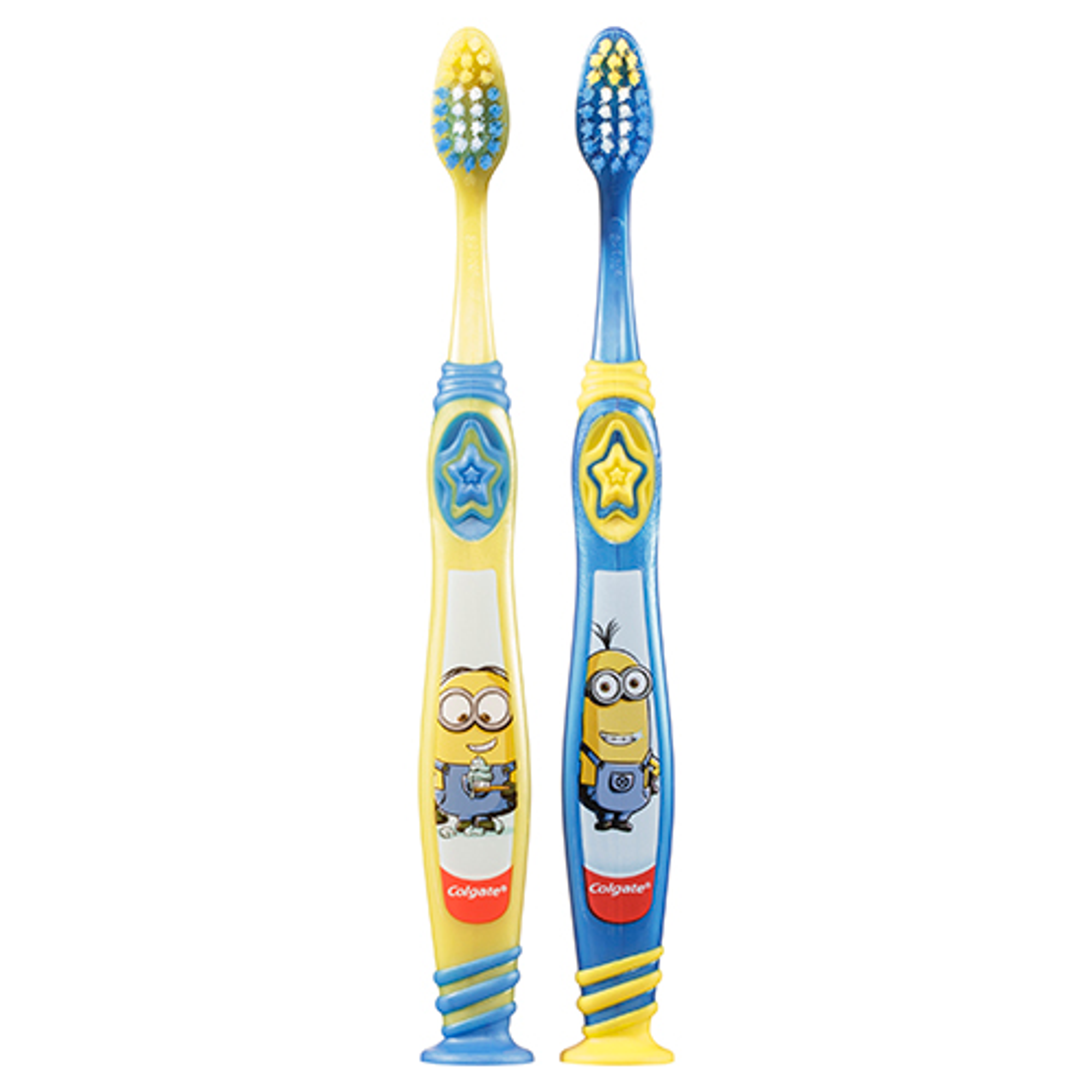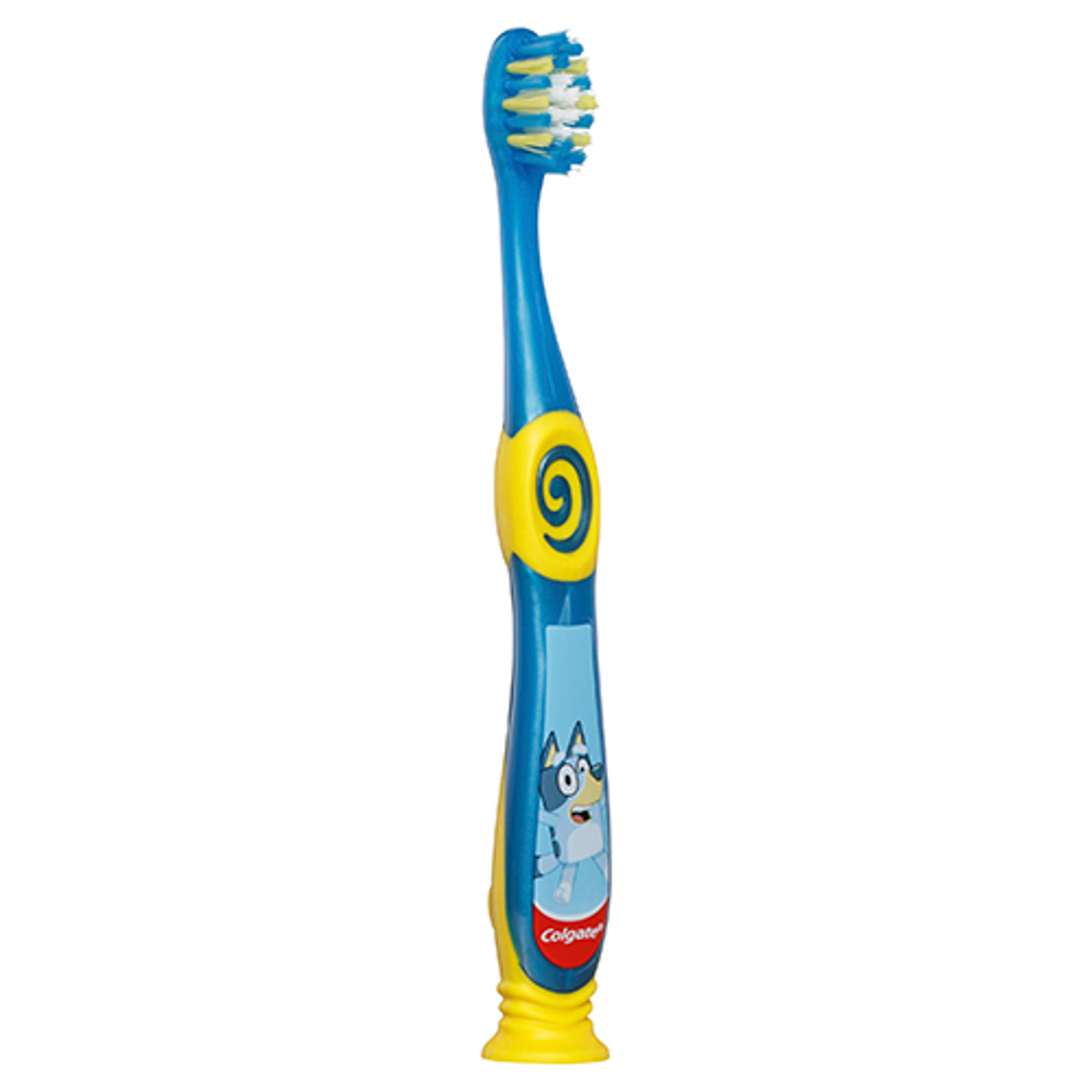When should you plan your child's first dental visit?
If you see a tooth, it's time! That's right, you should take your little one to the dentist as soon as their first tooth comes in. The Australian Dental Association (ADA) says that usually happens at around 9 months old, but baby's first tooth can appear any time between 3-12 months of age. Regardless of when it happens, it’s important to book that appointment as soon as the tooth erupts. However, if you notice anything that looks abnormal in your child's mouth (white spots, lesions, bleeding, etc.) before then, there’s no need to wait; give your dental professional a call right away and book in.
Why start taking your child to the dentist so early?
According to the University of Adelaide, tooth decay affects 34.3% of Australian children aged 5-6. By catching any developing conditions early, a dental professional can diagnose and treat them effectively. They will be able to check for tooth decay, injuries, and other issues during your visit, and track changes in your baby's mouth as they age.
Starting early will also help your little one get used to regular dental visits. For some children, their first experience of the dentist only happens when they already have a problem, like tooth decay, and need treatment. This can lead to a fear of the dentist, which can have a lasting impact on their oral health and wellbeing.
Choosing a paediatric dentist or dental/oral health therapist
You may want to bring your child to your personal dental professional, but there are various reasons to go to a professional specifically trained to care for children. They specialise in treating growing children with little mouths, so they’ll have expert knowledge and experience.
A paediatric dental practice is designed with your child’s emotional needs in mind, too. The environment is usually bright and cheerful, with lots of games and activities to keep kids relaxed. The paediatric dentist or therapist will also have lots of experience turning the potentially frightening experience of a dental visit into a positive one.
Paediatric dentists and therapists work hard to keep the smiles of kids bright and healthy. When a dental visit is a positive experience, children will have no worries about returning every six months for their check-ups. And for that, you’ll be smiling, too!
How to prepare for your baby’s first dentist visit
Having a regular dental care routine will get your child accustomed very early to taking care of their oral health. Even before your baby's pearly whites make their first appearance, gently clean their gums with a soft cloth (or gauze) and water, especially after breastfeeding. You can also use a soft toothbrush designed for children's mouths.
Other steps you can take to prepare for your baby's first visit include:
- Showing videos to your child about first dental visits, so it's not an entirely new experience.
- Filling in paperwork ahead of your visit, so you and your baby aren't stuck in the waiting room for too long.
- Coming up with a list of questions you may have about practising good oral hygiene for your baby.
What to expect when you take your baby to the dentist
During your baby's first visit, you'll be in the room with them. If they are squirming or won't sit still in the dental chair, the dental professional may even have them sit on your lap to make the experience as comfortable as possible. They will perform a routine examination to look for tooth decay and check your child's gums, jaw, and bite (depending on how many teeth they have at the time!). They’ll also look for any issues that may affect tooth development or speech patterns. Then they'll carefully clean your baby's teeth and gums, advise you on how best you can properly care for your child's mouth, and answer any questions you may have.
Most dental professionals recommend coming in for appointments at least twice a year, but ask your paediatric dentist or therapist what they recommend for your child's individual needs. There's a lot to think about as a new parent, and a dental professional will be able to guide you and your child in the coming years toward a lifetime of good oral health. Happy brushing!
This article is intended to promote understanding of and knowledge about general oral health topics. It is not intended to be a substitute for professional advice, diagnosis or treatment. Always seek the advice of your dentist or other qualified healthcare provider with any questions you may have regarding a medical condition or treatment.






